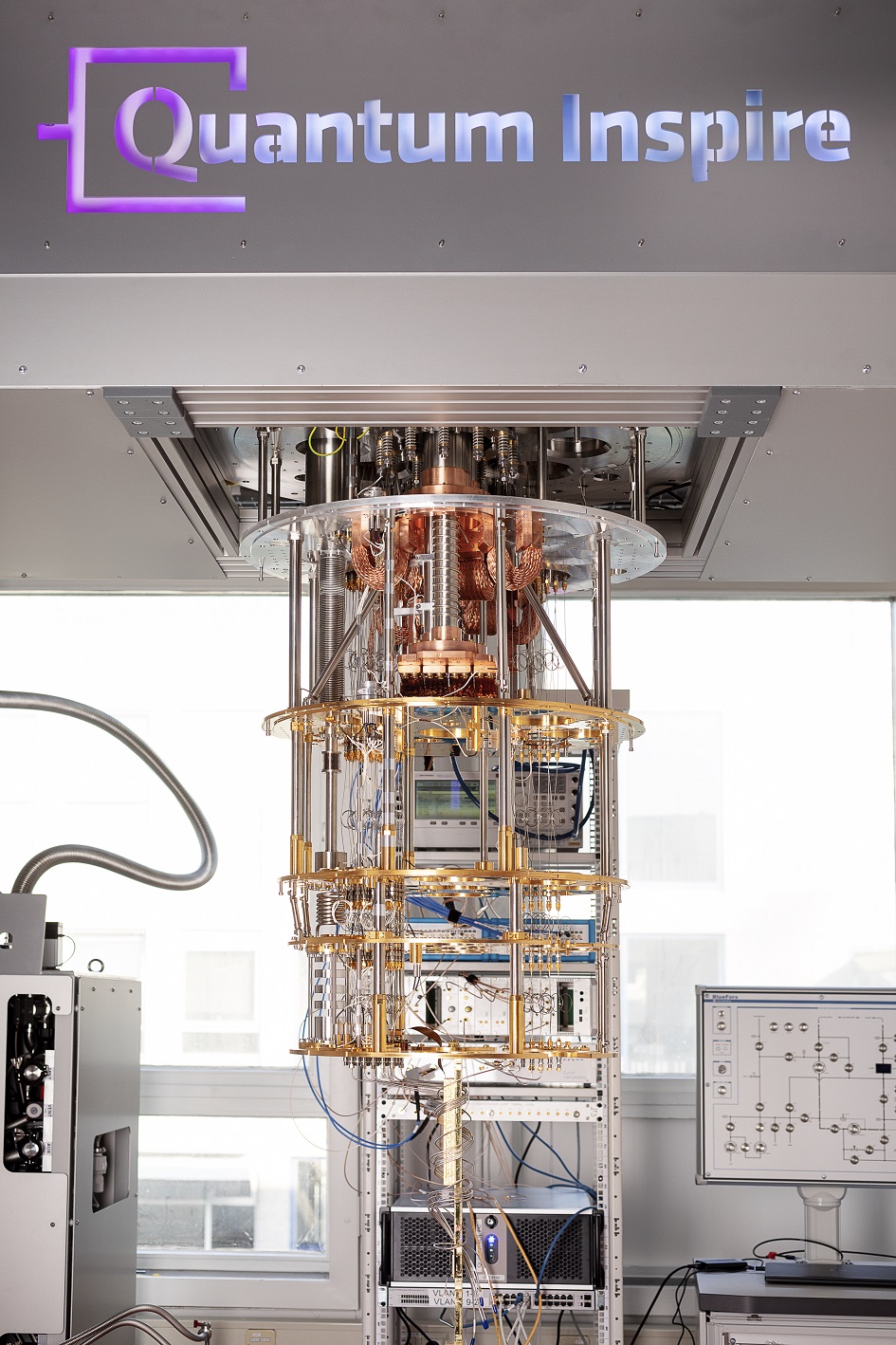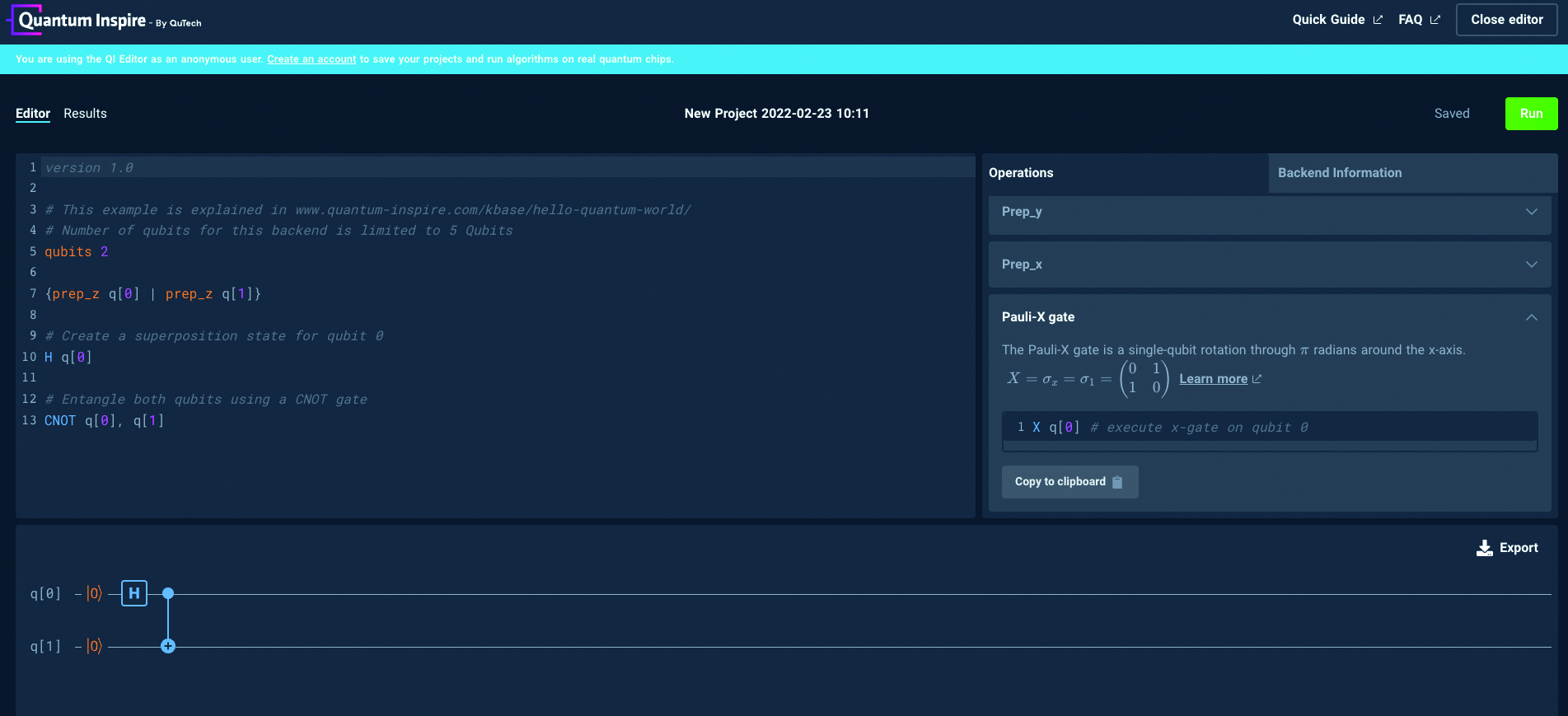Building a quantum computer
Building a universal quantum computer is one of the most ambitious scientific challenges of the 21st century. Luckily, there’s many professions that can help.
Who can help to build a quantum computer?
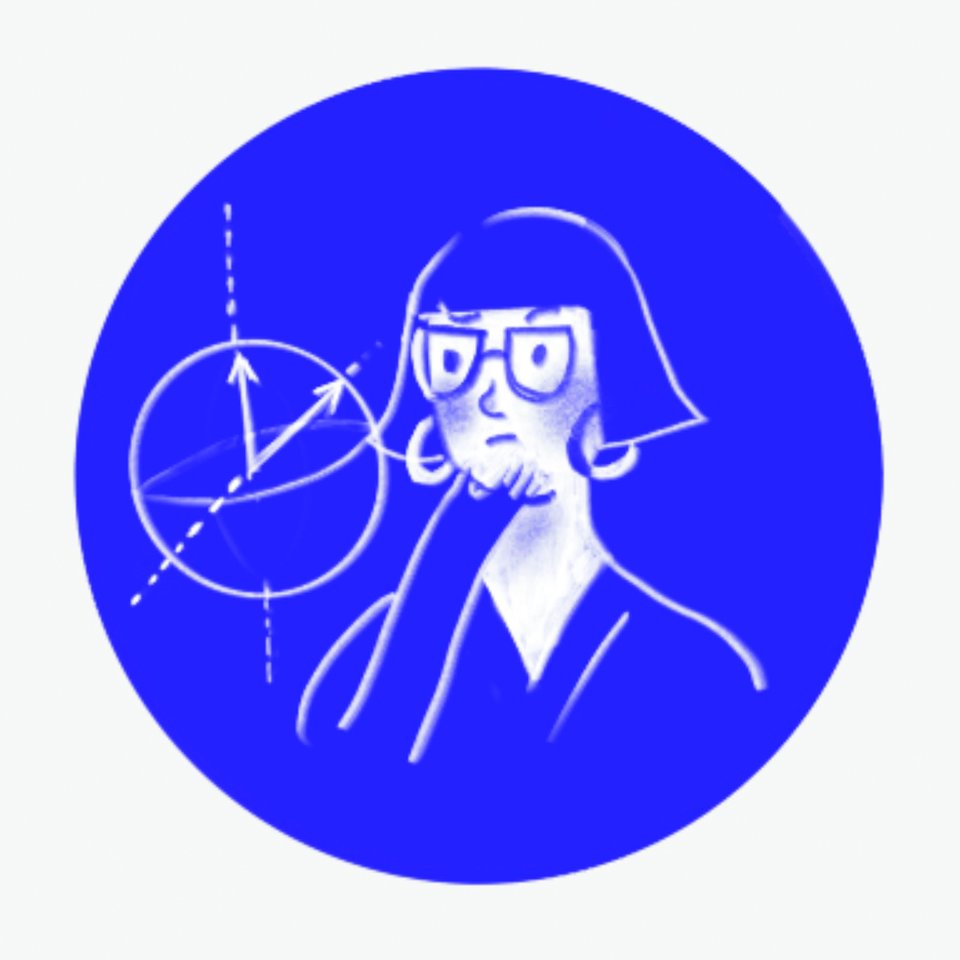
Physicists
Designing qubits and realizing logical operations.
Engineers
Building the extreme conditions required to operate qubits: cryogenics, vacuum systems, and advanced electronics.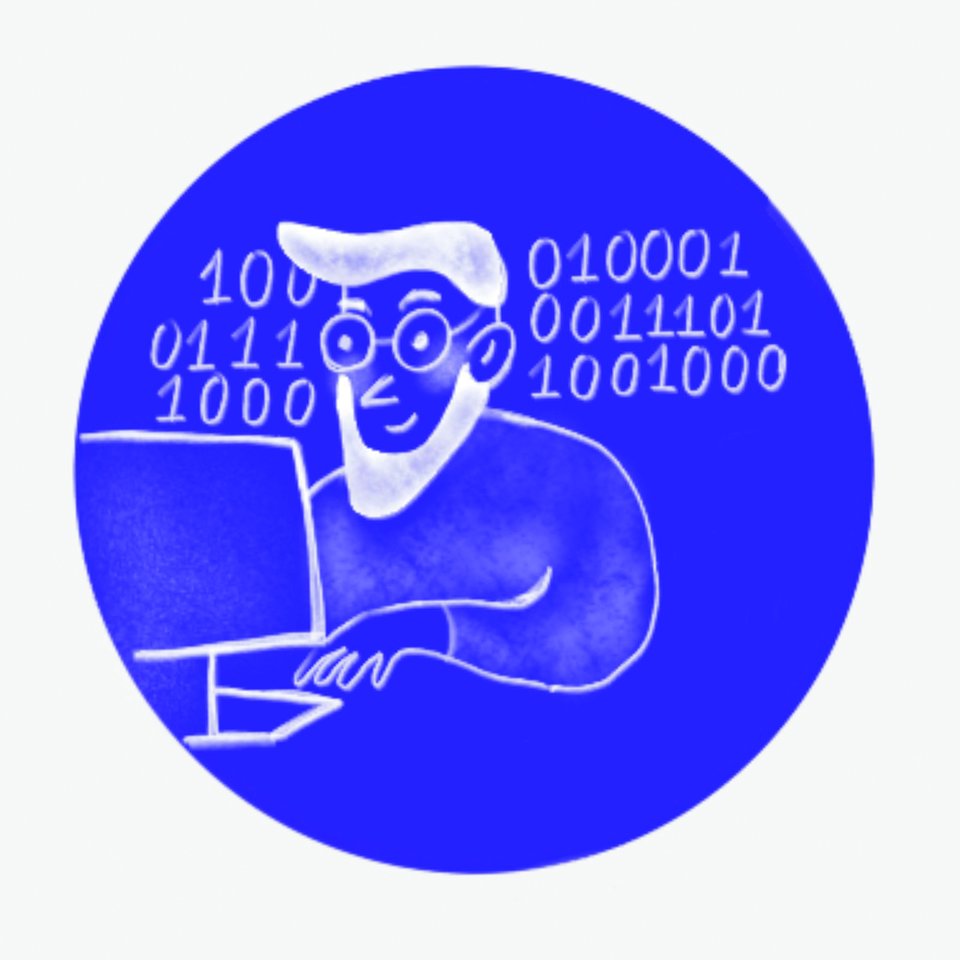
Programmers
Implement the necessary software tools used to control and operate quantum computers.
Designers
Finding ways for people to easily and productively interact with quantum computers.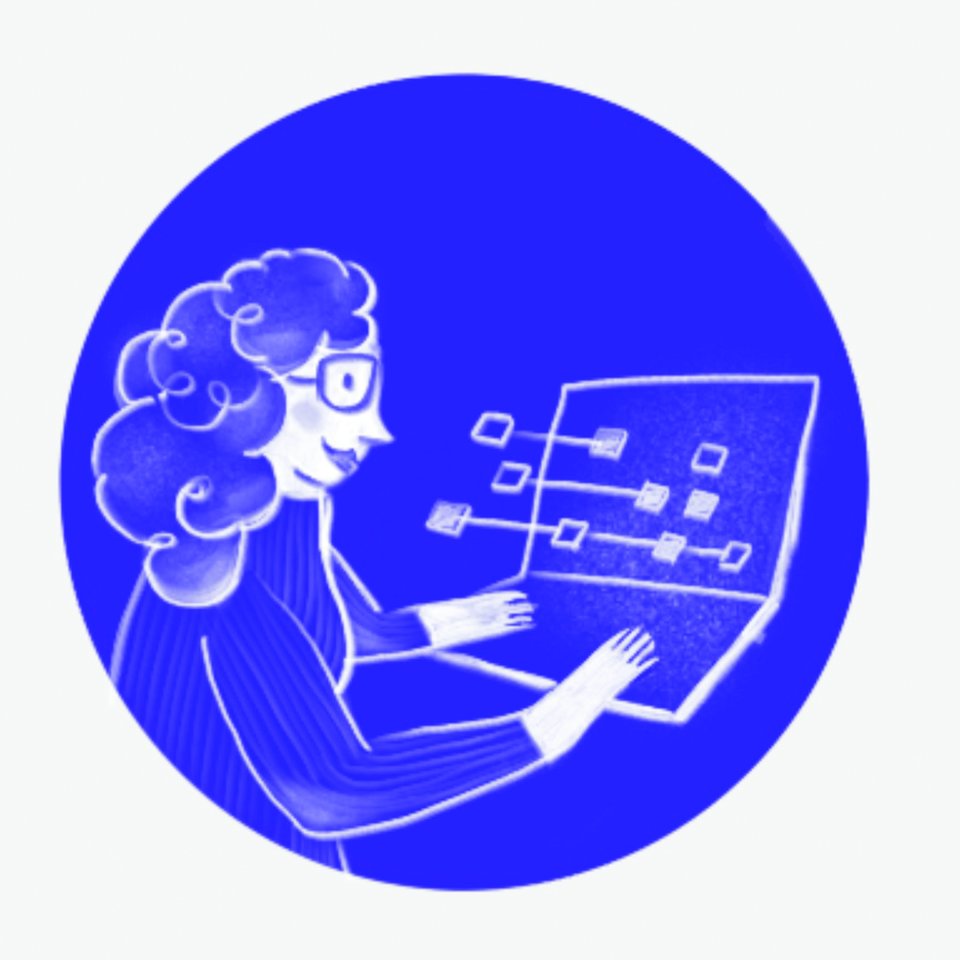
Computer Scientists
Inventing quantum algorithms that can be put to use on real-world tasks.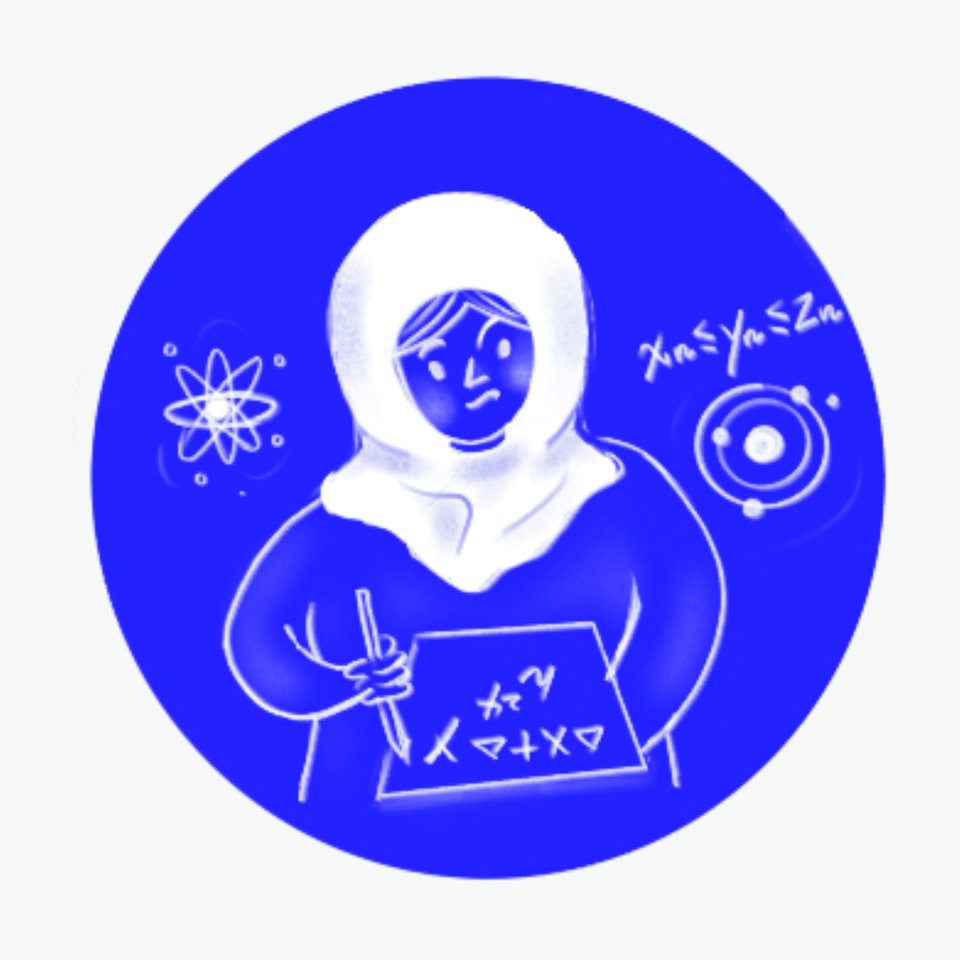
Mathematicians
Optimizing the power of quantum computers.The DiVincenzo Criteria
We are in the early stages of the development of a quantum computer. Today’s prototypes literally come in all shapes and sizes, but all share the same requirements necessary to be called “quantum computers”. These five requirements were codified by David DiVincenzo in 2000, and are now commonly called The DiVincenzo Criteria.
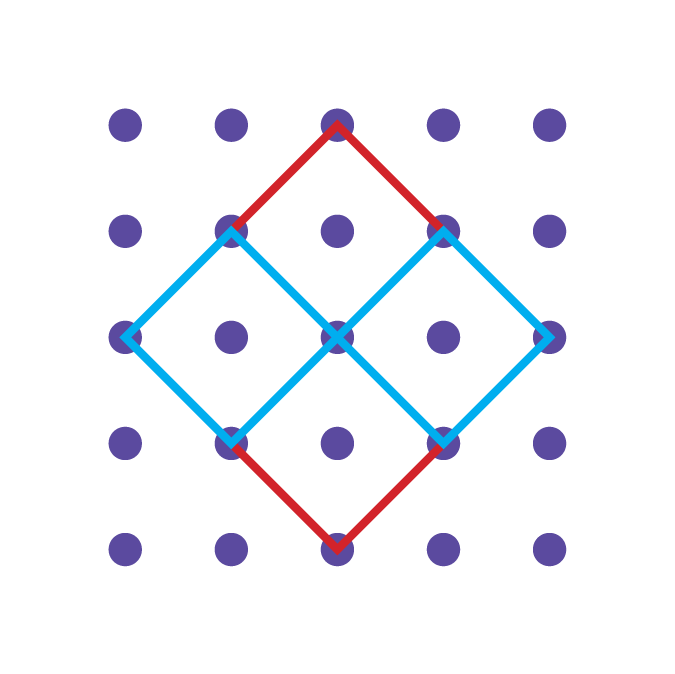
1. Have well-defined, scalable qubits
You can’t have a quantum computer without qubits. There are many, many ways to make qubits, as we’ll see later.
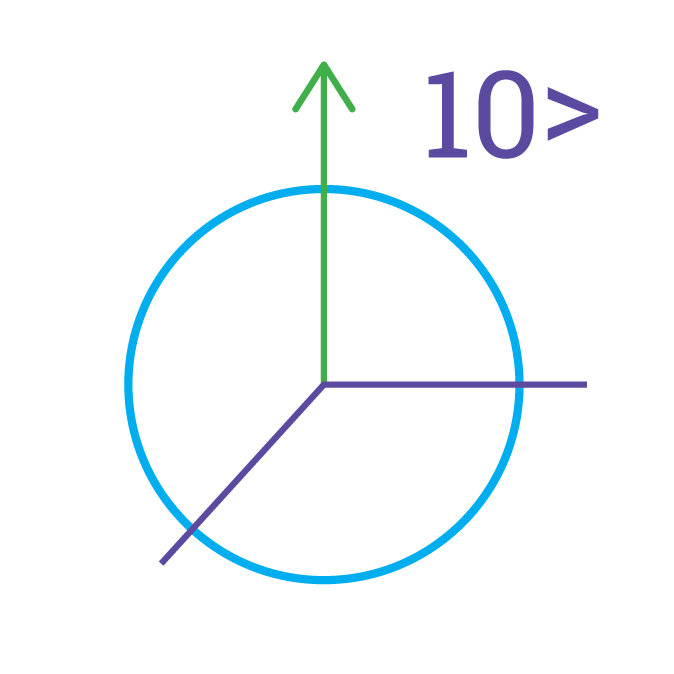
2. Begin computations in a reliably initialized state
The computer must start in a known state prior to running a program, otherwise the answer would be meaningless. Generating this known state is called initialization.
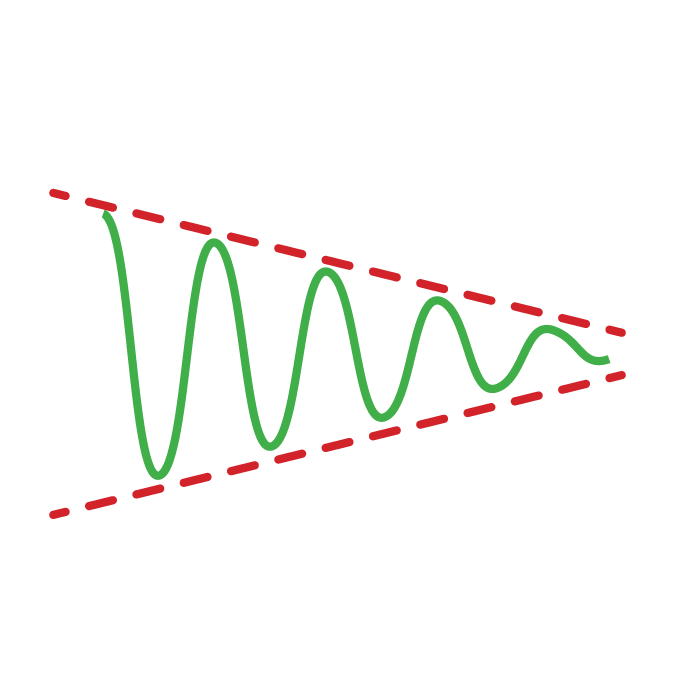
3. Have a sufficiently long coherence time
Qubits are extremely fragile and inevitably lose information. The timescale over which this happens is known as the coherence time, which must be sufficiently long to complete the computation.
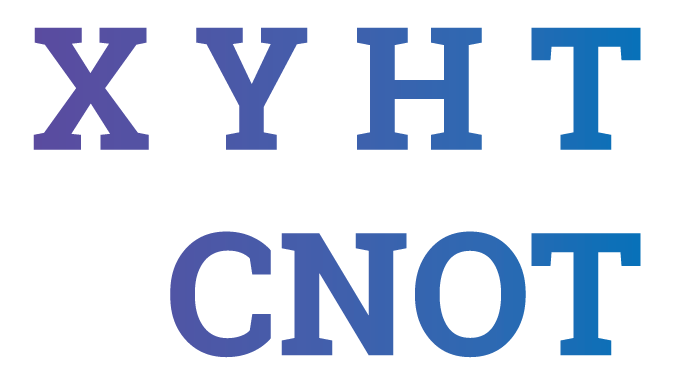
4. Have access to a universal gate set
To run all quantum algorithms, a full set of operations – or gates – must be available. Otherwise, the power of the quantum computer will be limited. Having a set of universal gates requires full control over individual qubits as well as the ability to make two or more qubits interact with each other.
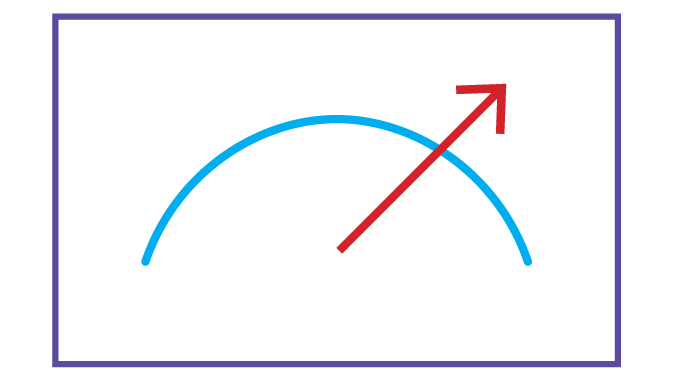
5. End computations with reliable measurement
At the end of a quantum program, we must be able to measure the qubits in order to get a result. This means that a qubit is only useful if there is a way to reliably distinguish between the “0” and “1” states.
